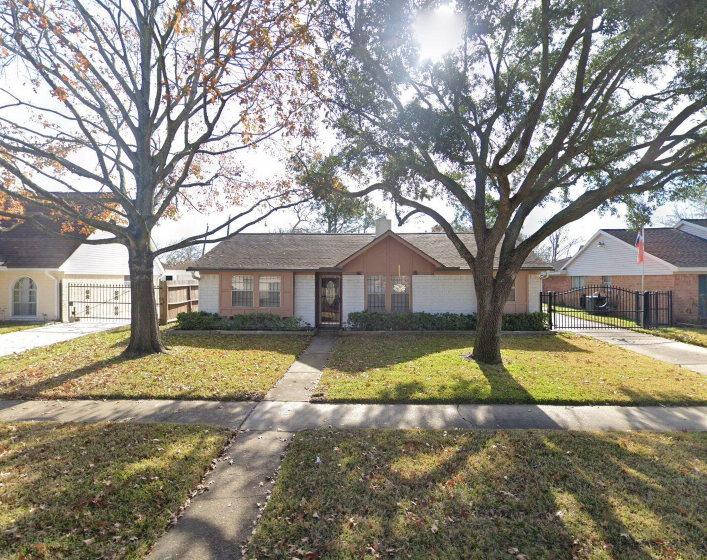Key Factors to Consider When Buying a Rental Property
Introduction: Investing in rental properties can be a lucrative venture, providing both passive income and long-term wealth accumulation. However, choosing the right rental property requires careful consideration and evaluation of various factors. In this blog post, we’ll discuss some key factors to consider when buying a rental property to help you make an informed investment decision.
- Location: Location is one of the most critical factors to consider when buying a rental property. Look for properties in areas with strong rental demand and desirable amenities such as schools, parks, shopping centers, and transportation options. Consider the neighborhood’s safety, proximity to employment hubs, and potential for future growth. A well-chosen location can attract quality tenants and ensure consistent rental income.
- Rental Market Analysis: Conduct a thorough rental market analysis to understand the rental demand and potential rental income in the area. Research comparable rental properties to determine the average rent in the neighborhood. Consider the vacancy rates and rental trends to assess the property’s income potential. Analyzing the rental market will help you determine if the property can generate sufficient cash flow and provide a solid return on investment.
- Property Condition and Maintenance: Assess the property’s condition and maintenance requirements before making a purchase. Consider the age and condition of major systems such as the roof, HVAC, plumbing, and electrical. Factor in any necessary repairs or upgrades that may be required to attract tenants or maintain the property’s value. A property in good condition and with proper maintenance will minimize unexpected expenses and attract quality tenants.
- Cash Flow and Cap Rate: Evaluate the potential cash flow and cap rate of the property. Calculate the expected rental income and deduct expenses such as mortgage payments, property taxes, insurance, maintenance costs, and property management fees. A positive cash flow ensures that the rental income exceeds the expenses, allowing you to generate a profit. Additionally, consider the cap rate, which compares the property’s net operating income to its purchase price. A higher cap rate indicates a potentially better return on investment.
- Financing Options and Investment Strategy: Explore your financing options and determine the most suitable strategy for your investment goals. Evaluate different mortgage options, interest rates, and down payment requirements. Consider whether you prefer a long-term buy-and-hold strategy or a short-term fix-and-flip approach. Each investment strategy has its pros and cons, so choose one that aligns with your financial situation, risk tolerance, and long-term objectives.
- Property Management Considerations: Decide whether you will manage the property yourself or hire a professional property management company. Property management can be time-consuming, especially if you have multiple properties or other commitments. Hiring a property manager can relieve you of day-to-day responsibilities such as tenant screening, rent collection, maintenance coordination, and property inspections. Factor in the cost of property management when assessing the property’s profitability.
Conclusion: Buying a rental property is a significant financial decision that requires careful consideration of various factors. By evaluating the location, rental market analysis, property condition, cash flow and cap rate, financing options, and property management considerations, you can make a well-informed investment choice. We buy houses in Orland Park Il. Remember to conduct thorough due diligence, seek professional advice when needed, and align your investment strategy with your long-term financial goals. With a strategic approach and proper planning, investing in rental properties can be a rewarding endeavor that provides consistent income and long-term wealth accumulation.
